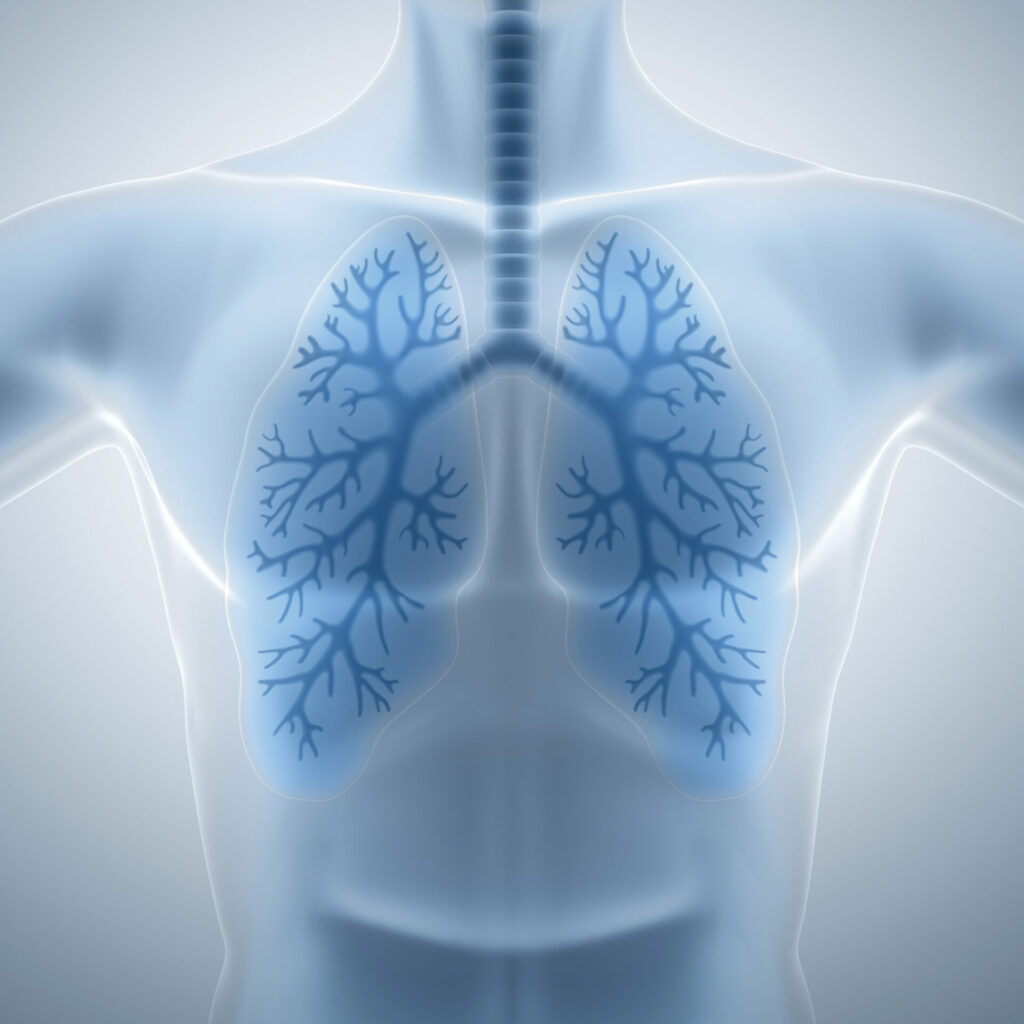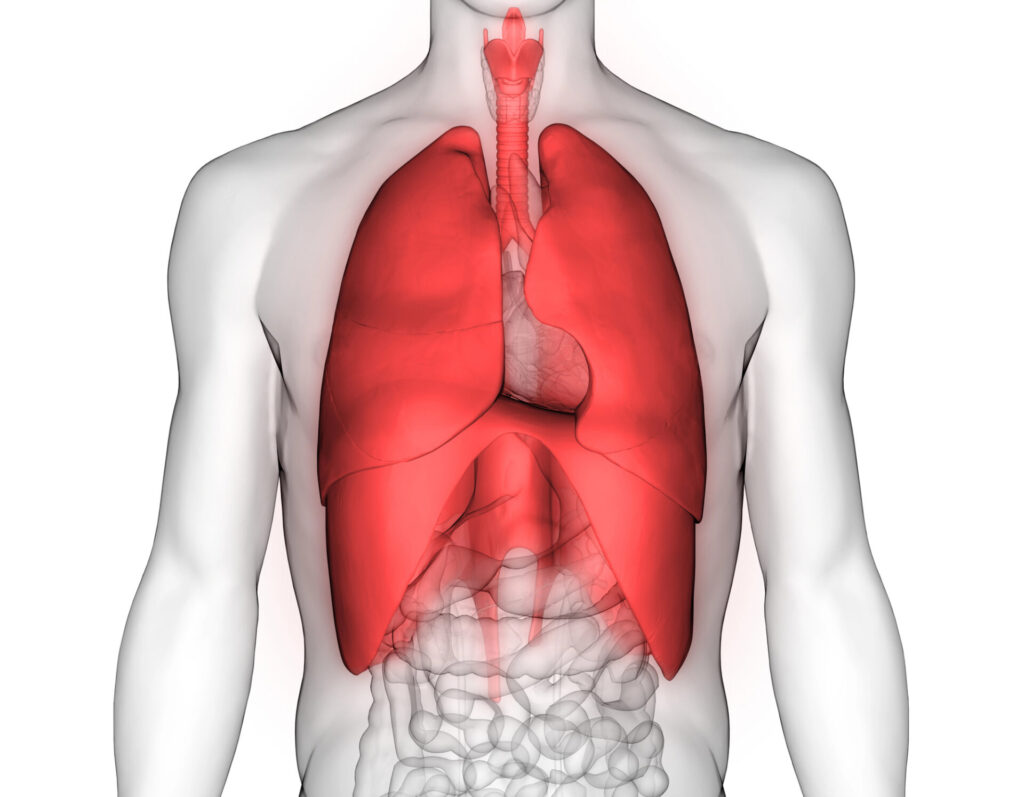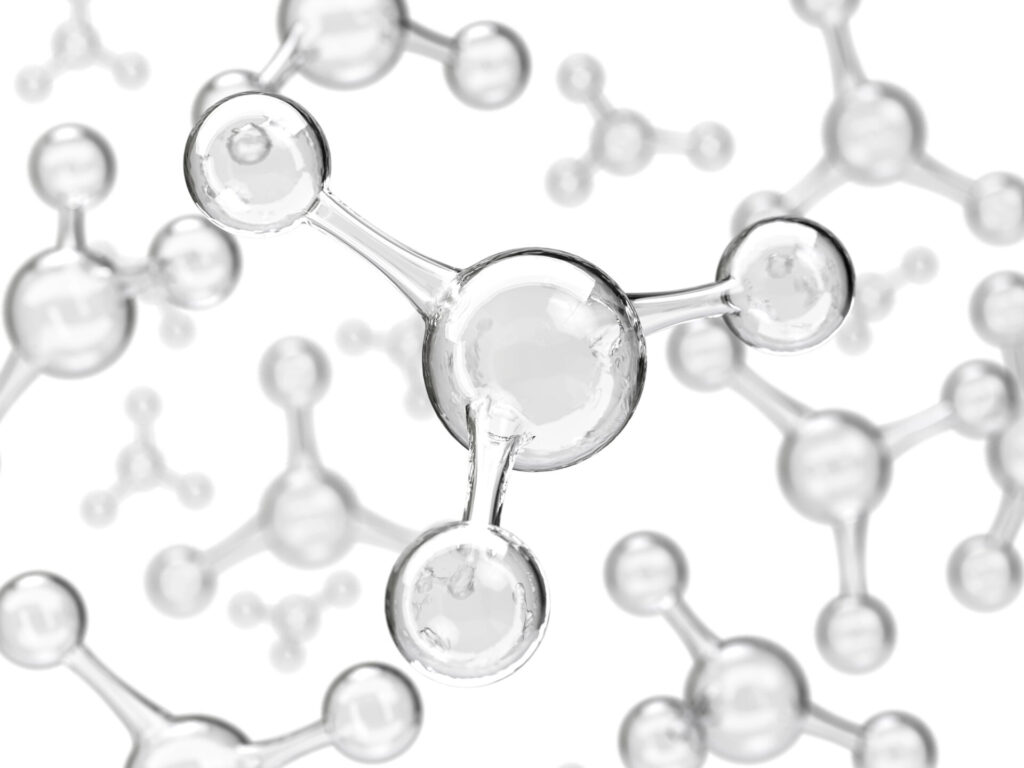Aker BioMarine Research Team
Omega-3 fatty acids—primarily eicosapentaenoic acid (EPA) and docosahexaenoic acid (DHA)—are well known for their critical role in brain function, development, and neuroprotection. Yet, despite the widespread use of omega-3 supplements, clinical trials have shown mixed results in their effectiveness for cognitive health.
A key reason? Not all omega-3s reach the brain in meaningful amounts.
Recent advances in lipid science have highlighted a new frontier in omega-3 nutrition: Lysophosphatidylcholine (LPC)-bound EPA & DHA. Unlike traditional triglyceride or ethyl ester omega-3s from fish oil, which must undergo complex metabolic conversions before reaching the brain, LPC-bound forms are directly transported across the blood-brain barrier (BBB) via the Mfsd2a transporter. This mechanism represents a paradigm shift in brain-targeted nutrition and presents great potential for healthcare practitioners looking to explore new therapeutic options for omega-3 in brain health.
The Science Behind LPC-Bound Omega-3s
The human brain contains 30% DHA in its lipid composition, making it an essential structural component of neuronal membranes. However, DHA must be in the right form to efficiently reach the brain. Conventional omega-3 supplements generate only small amounts of LPC-DHA during metabolism, limiting their direct impact on cognitive health.
LPC-bound omega-3s, on the other hand, provide a more efficient delivery system:
- Transport Advantage: The Mfsd2a transporter selectively moves both LPC-DHA and LPC-EPA across the BBB, bypassing passive diffusion pathways[1].
- Superior Brain Uptake: Preclinical studies suggest LPC-DHA & EPA lead to significantly higher brain levels compared to triglyceride- or phospholipid-bound forms.[2] [3]
- Potential for Enhanced Cognitive Outcomes: Although human trials are still forthcoming, this mechanism suggests stronger neuroprotection and cognitive support than traditional omega-3s.[4]
Potential Implications for Cognitive Health
LPC-bound omega-3s offer a dual benefit: they enhance brain DHA and EPA uptake while also delivering choline, a vital nutrient for neurotransmitter synthesis and signaling. This LPC combination has important implications:
- Myelin Sheath Formation & Neuron Protection: LPC itself plays a critical role in maintaining the integrity of myelin—the protective covering around nerve fibers essential for cognitive function.[5]
- Neurogenesis & Brain Repair: DHA, in its LPC-bound form, is more effectively utilized for neural regeneration and repair, supporting both cognitive longevity and performance.[6]
- Targeted Benefits for Cognitive Aging: According to the Alzheimers Drug Discovery Foundation (ADDF), evidence suggests ApoE4 carriers, who are at a higher risk for neurodegenerative diseases, may particularly benefit from LPC-bound omega-3s due to their impaired DHA transport into the brain.
As the understanding of brain-targeted omega-3 supplementation grows, LPC-bound DHA and EPA represent a new standard for cognitive health solutions, offering benefits that extend beyond what conventional plant and marine oils can provide.
Bridging the Research Gap: What’s Next?
There is no question that LPC is a game changer in brain health, and the collaboration between researchers, healthcare professionals, and industry leaders will need to continue. First and foremost, healthcare professionals are the gatekeepers to important information. By educating on why delivery form matters, patients can make the best decisions when it comes to supplements and their brain health. Not all omega-3s are created equal and this might be the most important takeaway when it comes to the future of brain nutrition. Traditional supplements may provide general benefits, but only LPC-bound DHA and EPA can efficiently cross the blood-brain barrier to nourish the brain where it matters most. More clinical validation of LPC-bound omega-3s will help drive innovation for supplement companies looking to push forward in this next wave of brain health.
Conclusion
With a few brands of dietary supplements now commercially available, healthcare professionals can explore this breakthrough in brain nutrition and help redefine cognitive health strategies for aging populations, high-performers, and at-risk individuals alike. The future of brain health starts with getting the right nutrients to the right place—LPC-bound omega-3s make that possible.
References:
[1] Nguyen, L., Ma, D., Shui, G. et al. Mfsd2a is a transporter for the essential omega-3 fatty acid docosahexaenoic acid. Nature 509, 503–506 (2014). https://doi.org/10.1038/nature13241
[2] Sugasini, D., Thomas, R., Yalagala, P.C.R. et al. Dietary docosahexaenoic acid (DHA) as lysophosphatidylcholine, but not as free acid, enriches brain DHA and improves memory in adult mice. Sci Rep 7, 11263 (2017). https://doi.org/10.1038/s41598-017-11766-0
[3] Sugasini, D., Yalagala, P. C., Goggin, A., Tai, L. M., & Subbaiah, P. V. (2019). Enrichment of brain docosahexaenoic acid (DHA) is highly dependent upon the molecular carrier of dietary DHA: Lysophosphatidylcholine is more efficient than either phosphatidylcholine or triacylglycerol. The Journal of nutritional biochemistry, 74, 108231.
[4] Hermans, E. C., van Gerven, C. C., Johnsen, L., Tungen, J. E., Nijboer, C. H., & de Theije, C. G. (2024). Dietary LPC-Bound n-3 LCPUFA Protects against Neonatal Brain Injury in Mice but Does Not Enhance Stem Cell Therapy. Nutrients, 16(14), 2252.
[5] Hermans, E. C., van Gerven, C. C., Johnsen, L., Tungen, J. E., Nijboer, C. H., & de Theije, C. G. (2024). Dietary LPC-Bound n-3 LCPUFA Protects against Neonatal Brain Injury in Mice but Does Not Enhance Stem Cell Therapy. Nutrients, 16(14), 2252.
[6] Sugasini, D., Yalagala, P. C., Goggin, A., Tai, L. M., & Subbaiah, P. V. (2019). Enrichment of brain docosahexaenoic acid (DHA) is highly dependent upon the molecular carrier of dietary DHA: Lysophosphatidylcholine is more efficient than either phosphatidylcholine or triacylglycerol. The Journal of nutritional biochemistry, 74, 108231.





